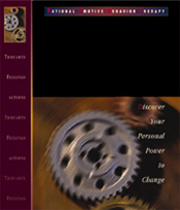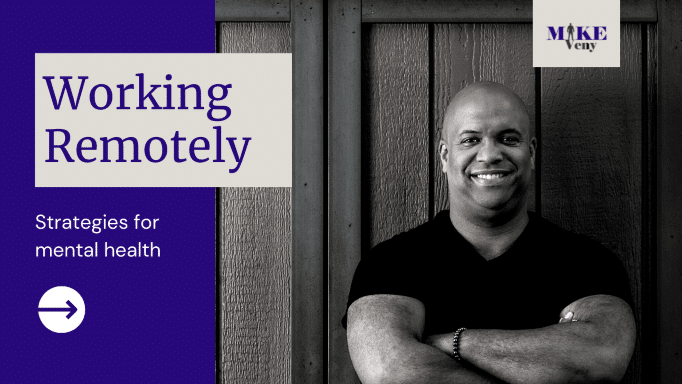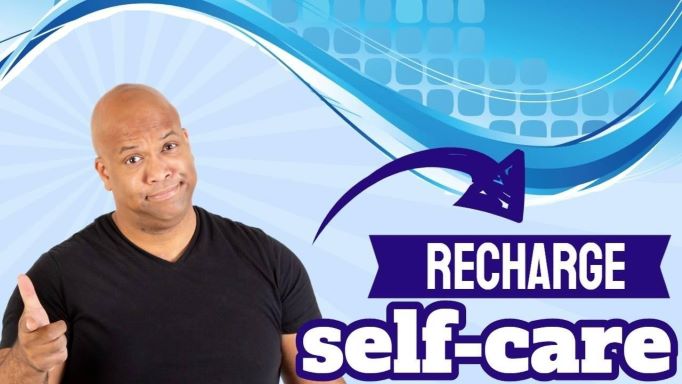Albert Ellis – the father of Rational Emotive Behavioral Therapy – REBT
Albert Ellis
Commonly abbreviated as REBT, Rational Emotive Behavioral Therapy began in 1955 by Albert Ellis. First referred to as rational therapy, it laid the foundation for what we now know as CBT (Cognitive Behavioral Therapy). For the most part, rational emotive behavioral therapy starts with the idea that our thought processes mostly influence our personal feelings, how we think, and how we react to various issues in our lives. As is implied in the name, this type of therapy is designed to encourage the development of proper rational thinking for purposes of facilitating healthier emotional behavior and expression.
See the Rational Emotive Behavioral Therapy Video from Hazelden…
Reshaping Core Beliefs with REBT
According to Albert Ellis, people are disturbed more by their personal view of things than by the things themselves. Often, the thought processes that become ingrained in the brain from an early age – or resulting from traumatic or painful experiences continue influencing our behaviors and perceptions, albeit subconsciously, all the way into our adulthood.
To this end, rational emotive behavioral therapy looks to reshape and rework these core beliefs among those who, like me, experience a wide variety of mental health conditions. By so doing, it enables all of us to live the full and satisfying lives we aspire to, free from all extreme psychological distress.
For instance, say you continuously feel plagued by feelings of rejection. By undergoing rational emotive behavioral therapy, you will be able to discover that you harbor such beliefs as “NOBODY REALLY LIKES ME. I AM AN ACTUAL OUTCAST.”
In the process, you will interpret regular daily interactions in the negative – for example, the sad expression you see on a colleague’s face or lack of positive feedback from your boss. All of these reactions further reinforce your core central concept of rejection.
Naturally, this will trigger negative emotional responses, all the while increasing the likelihood of your suffering low self-esteem, antisocial behavior, social anxiety, and depression – many of the manifestations of the “NOBODY REALLY LIKES ME” belief.
The ABCs of REBT
Most people are unaware of their subconscious, as well as irrational thoughts, and how these affect our day to day life. Ellis came up with three guiding principles of rational emotive behavioral therapy.
Commonly referred to as the ABCs of REBT, these principles include:
1. Adverse (or Activating) Event
The first of the principles touches on adverse/activating events. Rational emotive behavioral therapy works when the patient can identify the events and situations that trigger the negative behavioral and emotional response they are trying to escape.
In the example I used above, the activating event would be the lack of positive feedback from your boss or the sad expression on your colleague’s face.
2. Beliefs
Through rational emotive behavioral therapy, the core beliefs your mind, attached to your typical behavioral and emotional response, will be identified and examined carefully.
Again, in the scenario described above, the core beliefs would be “NOBODY REALLY LIKES ME” and “I AM AN ACTUAL OUTCAST.” The therapist employing these techniques will be able to guide you so you can better explore the origins of these beliefs. They will also help you develop a concrete plan for recognizing these beliefs and replacing them with more positive affirmations.
3. Consequences
All of these are interlinked. The combination of the core beliefs and the adverse/activating event will produce an outcome or result – such as self-esteem issues, antisocial behavior, social anxiety, and depression.
Through the deconstruction of these negative beliefs ingrained in us, as well as their replacement with new, more positive perceptions, we can better improve our experience of and outlook on life.
See the Rational Emotive Behavioral Therapy Video from Hazelden…
Additional REBT Insights
Apart from the ABC framework, rational emotive behavioral therapy also employs three original insights. These include:
A. Personal Choice
Since external activating events, without a doubt, influence how we react, psychological disturbance can be controlled by undergoing rational emotive behavioral therapy. REBT is useful because individuals select, consciously or subconsciously, both irrational and rational beliefs at X when the adverse event occurs at Y.
B. Personal Responses
Both present life conditions and history strongly affect individuals. In and of themselves, however, they do not disturb you. Rather, it is your brain’s response to what happens in life that causes mental health issues. Again, it is up to you to decide whether or not to maintain the philosophies at X causing the trouble.
Therefore, the modification of the views at X is critical to becoming healthier. However, it will require hard work, persistence, and observations of the precepts set forth by rational emotive behavioral therapy.
Beliefs Leading to Mental Health Issues
Albert Ellis suggested three core beliefs causing issues in people suffering from various rational and emotional behaviors deemed problematic. These core beliefs include:
1. Either / Or
In one instance, you think that you must be thoroughly lovable, achieving, adequate, and competent at all times. The only other alternative is that you are incomplete and worthless as a human being.
This belief typically generates feelings of worthlessness, despair, depression, panic, and anxiety.
2. Others
Similarly, you might feel that every significant person in your life must treat you fairly and kindly at all times; otherwise, you won’t be able to stand them. Failure to do this means that they are evil, terrible human beings who ought to be severely damned, blamed, and punished for how horrible they treated you.
This belief leads to feelings of vindictiveness, fury, rage, and anger. It also causes such actions as genocide, wars, feuds, fights, and – ultimately – an atomic holocaust.
3. Life
Another thought process that you might have is that conditions and things must be exactly how you want them – and never more frustrating or difficult than you can comprehend. Unless this is the case, your life would be unbearable, catastrophic, horrible, terrible, and just awful.
This belief leads to depression, anger, self-pity, and low-frustration tolerance. It also causes such behaviors as inaction, avoidance, and procrastination.
To this end, rational emotive behavioral therapy holds that any irrational belief system has various strong tendencies to self-defeating components, such as:
- Demands (referred to as ‘musturbation‘ by Ellis)
- Awfulizing
- Low frustration tolerance
- Overgeneralizing
- People rating
Mental Wellness Goals of REBT
Ellis created rational emotive behavioral therapy when he became convinced of the fact that cognitive processes have a profound influence on how we feel and act. Specifically, the model of behavior therapy he developed involves continuous interplay between the internal mental state and the environment around us.
According to Ellis, your cognitive processes, expectations of the environment/world around you, and view of life all play a significant role in your life. More specifically, they determine how you interact with yourself, with others, and with life.
For instance, when you are depressed, you are more likely to deal with others you encounter with a passive and defeatist attitude. However, when your mental health is sound, you will be able to facilitate healthier relationships.
Unfortunately, if the interactions are poor – on account of the attitude you adopted before undertaking the interactions – then the poor outcome you encounter will prove even more detrimental to your mental health. The reason for this is because the outcome will have a significant bearing on your problematically flawed attitude. It will also, not surprisingly, make the issue even worse sometime down the line and into the future.
Practical Applications of REBT
From the extremely irrational to the extremely rational, there are some practical applications of rational emotive behavioral therapy. To be able to let your negative thought culprits go, you first need to learn how to identify them.
Although the specific tasks that your therapist will use to alter your irrational thought patterns will vary in comparison to those they use with another client, they will typically include some form of thoughtful self-exploration, meditation, emotional expression, guided imagery, or journaling.
Understandably, you need to put a lot of work and time into trying to rewire your old thinking patterns. This reason all of this effort is necessary is so you learn how to be open and participate actively in the rational emotive behavioral therapy process for you to find happiness.
Your therapist will also encourage you to recite daily mantras as a way to chase away all negative beliefs you currently wield. These mantras will reflect the shift in your level of consciousness from the negative, largely self-defeating views and attitudes to others that indicate your acceptance of yourself, of other people, and of the world as a whole.
Concluding Thoughts
Over and above everything, there’s more to gain from rational emotive behavioral therapy than you will realize. Once you kick start your way to recovery, you will soon be able to better understand yourself and the world around, know how to react to it, and tweak your belief system to the more positive aspects of life. Ultimately, you will emerge stronger, wiser, and more productive on account of the improvement in your mental state.
Rational Emotive Behavioral Therapy Video
To learn more about rational emotive behavioral therapy, the benefits it entails, and how to make it work for your personal good – or that of a loved one you would like to help out – check out this video program. It is an important tool on your recover journey.

Mike Veny is fiercely committed to empower



